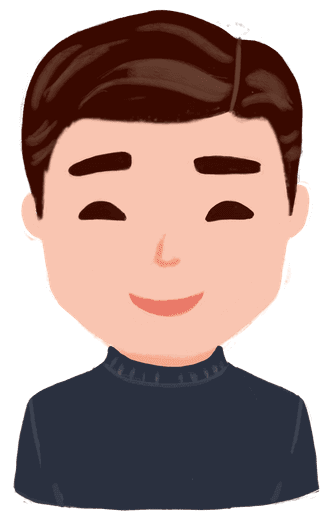Overview
Problem
Going to disneyland is expensive (receiving value), crowded (long lines), tiring (walking a lot), and overwhelming.
Solution
We want to know why and how someone would want to take the time and step of planning their trip to Disney so that we can solve real problems our users have
Objective
Design an app that allows the user to plan their itinerary to walk less, wait in shorter lines, go on all the rides they like, and feel they got their moneys worth.
Empthasize
Why
Using various research methods to understand and empathize with the user's needs, frustrations, and goals
How
Research Ramp-Up: Secondary Research & Competitive Analyses, Provisional Personas
4 Interviews (1 hr per interview)
Interviews
Interviewed 5 people ranging in age from 24 - 39
They had to have visited Disney in the past 2 years
Most people hadn’t used a travel agent or planner app
All 5 weren’t aware of the avg time wasted Zig Zagging across the park
All 5 weren’t aware of the avg miles walked
Insights
Based on all these findings I want to build a way to help people planning their trip to discover how much time and energy can be saved by planning out their walking path for their park visit.
Along with a walking path planner having a tips/tricks style suggestion feature while on your path would be super helpful.
Another insight that came up is people wanted to know more about ”can’t miss” events and attractions, a sort of “if you only got to visit for 1 time in your life what attractions would you do”
Affinity Mapping
5 Categories were derived from synthesizing the individual insights. Patterns began to develop around: Trip Details and logistics, experience, planning, likes and dislikes, Apps and Tools used to plan.
Trip details: Most people have an informal “can’t miss” set of plans or attractions they want accomplish.
Experience: Nostalgia and sharing cross-generational experiences with people] in the group is such a big aspect of a disney trip.
Planning: The juxtaposition of feeling the need to go on every ride and experience as much as possible with the common lack of planning a route/itinerary is the main contributor to feeling overwhelmed and exhausted after a day at a disney park
Likes / Dislikes: Long lines and waiting was the consensus dislike. Disney theming and overall immersion into the park, “you feel the magic” was the unanimous positive aspect
Apps / Tools: Touringplans.com was a new app I learned about in my interviews and will make it into my future competive analysis when updating my research in the future.
Define
Why / How
To utilize research to define high level goals identify roadmap features
User Persona & Feature Matrix
Feature Roadmap
After completing my two persona's, I created a feature roadmap to help prioritize must-haves, nice-to-haves, surprising & delightful, and those that can come later.
Ideate
Why / How / Flows
With my personas and must have features defined, it was time to ideate and visualize how Home Cook can come to life from a logical standpoint. I created 2 user flows that addressed each persona. One for someone who doesn't want granular control over each attraction and just wants a well planned itinerary, the other one for planners want to plan the entire day with exact precision.
Wireframes
With my personas and must have features defined, it was time to start sketching on the ipad and then doing some lo-fi prototyping.
Design
Why / How / UI Kit
Creating an itinerary for a trip to the happiest place on earth should be fun. I would say its possibly the most important aspect of getting user adoption in the early phase. I developed a UI KIt and then applied it to my wireframes to make my hi-fidelity prototype. While building that I created a design system of components
Prototype
Why / How
With the high fidelity wireframes ready to go, the next step was to test my assumptions for the task flows. I worked directly in the Figma file to create a click-through prototype with basic interactions/animations.
User Testing
Why / How
With my prototype up and running, it was time to validate and test my product and make any necessary revisions.
Usability Testing
Affinity Map
Priority Revisions Matrix
Affinity Map from Testing Results
To synthesize my findings from the user sessions, I created an Affinity Map to track Successes, Concerns, and suggestions, and color coded the notes based on the task.
Iterating / Final Prototype
After determining the most important suggestions and concerns I iterated on my prototype
Maybe I slow drip educational content to the user so they become a mini-expert on the park and various rides. They become the de-facto tour guide. Further cementing the app as something that helps you in the before stages of going and isn’t an app that is overly used “in the park” on the day(s) you are going.
Examples of that:
there is a hidden micky on this part of the jungle cruise.
this part in pirates has this history etc..
haunted mansion madaam leota trivia point












